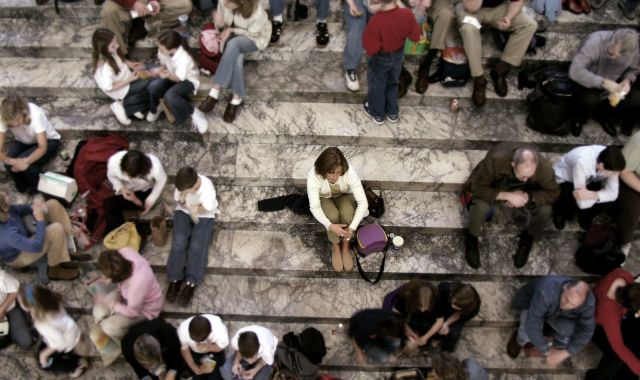
spfoto via Getty Images
America was already in the depths of a public health crisis when the coronavirus outbreak hit: one of social isolation and loneliness. Cigna's 2020 Loneliness Index notes that three in five Americans report a persistent sense of loneliness,a seven point jump from the previous 2018 study. Young people,ages 18 - 22 and men were most likely to report feelings of isolation with heavy social media users "significantly more likely to feel alone,isolated,left out and without companionship." Now,as broad swaths of America hunkers down for the foreseeable future to wait out the COVID-19 pandemic,our online social media usage is set to spike. But will our feelings of despondency and loneliness do so as well?
Social isolation can generally be defined as "the absence of social interactions,contacts,and relationships with family and friends,with neighbors on an individual level,and with 'society at large' on a broader level," as Robert L Berg stated in The Second Fifty Years. This isn't just some amped up offshoot of cabin fever,mind you,the psychological stress that social isolation causes can have extreme detrimental effects on a person's mental,emotional and even physical health.
Dr. Julianne Holt-Lunstad,a professor of psychology and neuroscience at Brigham Young University,has co-authored a meta-analysis of recent studies and found that a lack of robust social connections can raise one's health risks as much as smoking 15 cigarettes a day or misusing/abusing alcohol -- that's twice as much as obesity's impact would be.
"There is robust evidence that social isolation and loneliness significantly increase risk for premature mortality,and the magnitude of the risk exceeds that of many leading health indicators," Holt-Lunstad told the American Psychological Association in 2019.
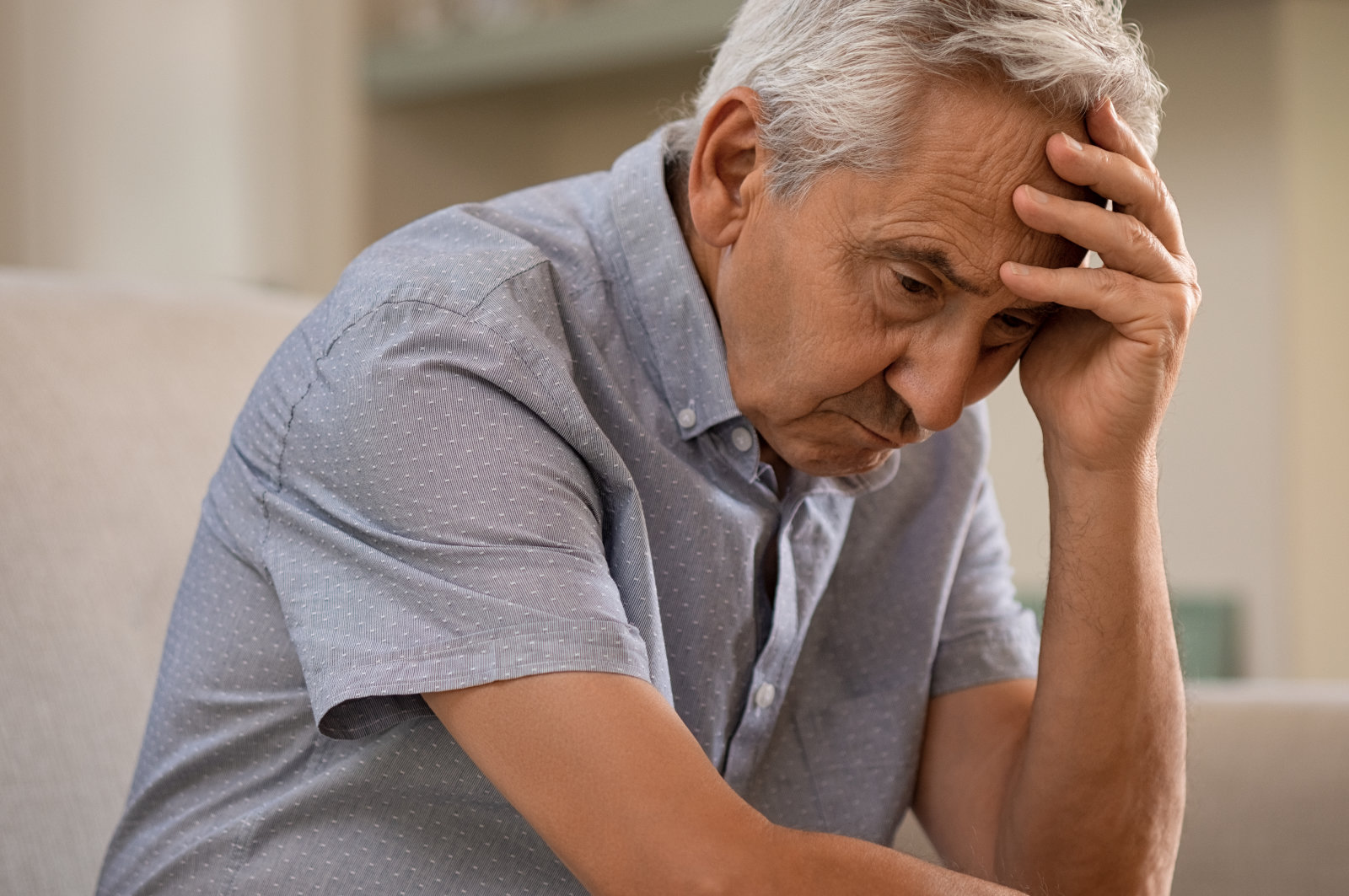
"Regardless of whether loneliness is increasing or remaining stable,we have lots of evidence that a significant portion of the population is affected by it," she continued. "Being connected to others socially is widely considered a fundamental human need -- crucial to both well-being and survival."
In 2012,the Swiss Health Survey conducted a survey of more than 21,000 participants ages 15 and up. The study found that nearly a quarter of respondents could be considered either only "partially integrated" or "poorly integrated" into Swiss society. Regardless of their age,these people were more likely to suffer from poor health,musculoskeletal disorder,depression and engage in drug use. In short,the study found that "social isolation may be less prevalent at younger ages,but is then even more strongly associated with poor health conditions and behaviors than at older ages."
Even more worrisome,a 2019 study by the American Cancer Society,working with data from more than 580,000 Americans,discovered that social isolation increases the risk of mortality from every cause across every race. "Our research really shows that the magnitude of risk presented by social isolation is very similar in magnitude to that of obesity,smoking,lack of access to care and physical inactivity," Kassandra Alcaraz,a public health researcher with the ACA,told the APA last May.
This problem is nothing if not prevalent. A 2018 Pew Research Study of 6,000 American adults found that a whopping 28 percent of them felt dissatisfied with their lives and relationships with family and community,compared to just 7 percent of respondents who were. In fact,people don't even need to be physically isolated to feel a sense of loneliness,Dr. Lawrence Palinkas,a Professor of Social Policy and Health at the University of Southern California,explained to Engadget.
"For example,people who are living in assisted living or nursing homes with several other residents" are acutely susceptible to bouts of loneliness,he said. "They may interact with those residents daily yet still feel socially isolated because the nature of the interactions,and the contact it creates,may still be associated with a perception of isolation or separation from other people -- especially if the people who are physically close to them are not people who are psychologically close to them."
He also points out that people can be socially engaged while still being physically isolated,thanks to modern remote communication technologies like Zoom,Instagram Live or even telephones. "It boils down to whether people perceive themselves to be socially isolated or not," Palinkas said. "And that physical isolation may be a factor that weighs in on that decision but it's not the only factor,and sometimes it's not even a factor at all."
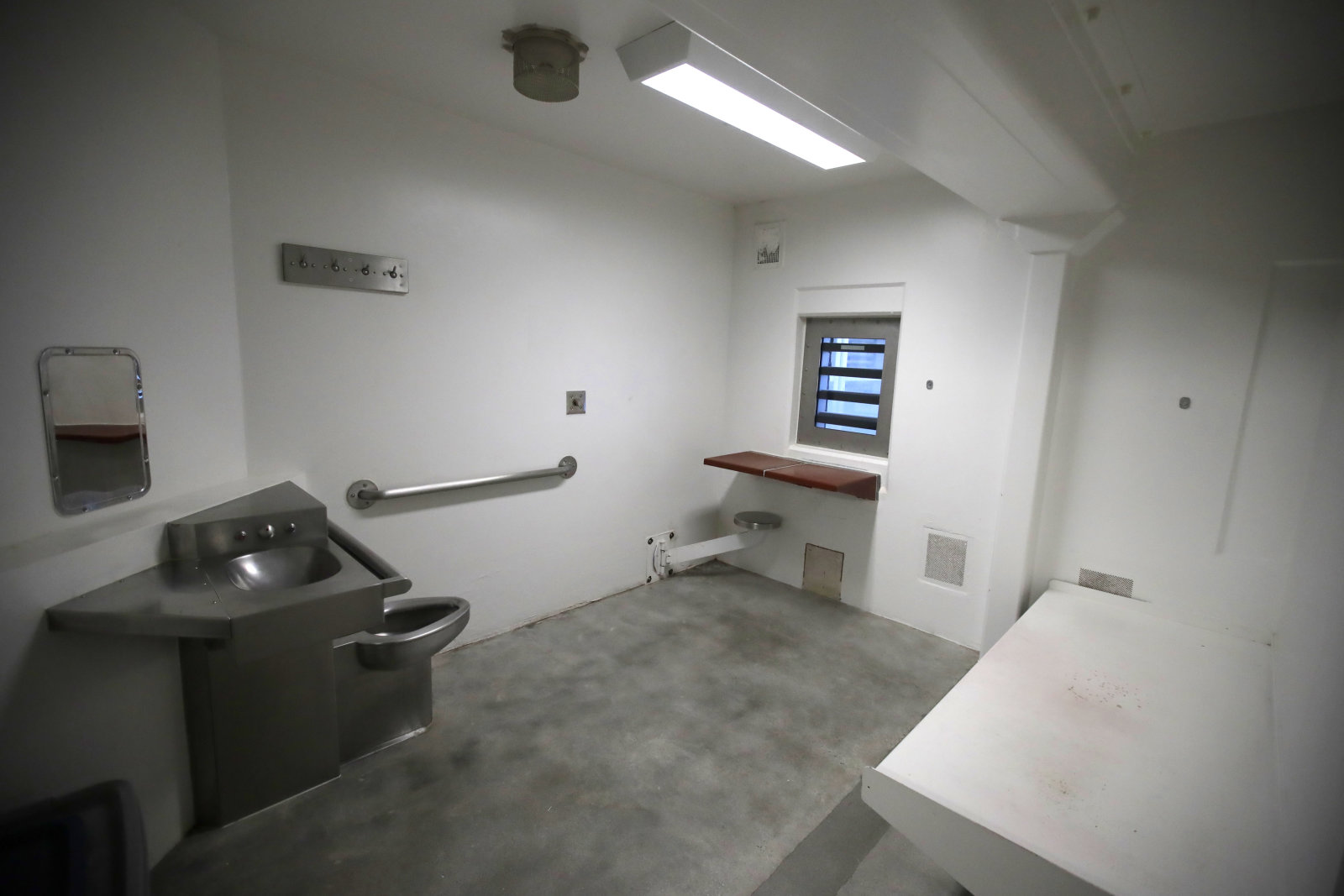
But tell that to the approximately 80,000 prisoners placed in solitary confinement every year. Used as either a punitive device (ie for breaking rules) or as a protective measure for vulnerable inmates (ie Harvey Weinstein),solitary confinement leaves people isolated in a nearly empty cell the size of a pickup truck bed for as many as 23 hours a day with minimal sensory stimulation and virtually zero physical contact. The impact on the psyche is devastating.
Take Robert King for example,who spent 29 years in solitary confinement. King spoke at a 2018 neuroscience conference about his experience and how it impacted his cognitive function. He described that,upon his release from prison,he had severe difficulty recognizing faces and had to retrain himself to understand what faces even were and how they worked. He also had difficulty navigating even simple routes through a city without assistance. Turns out that when your universe is a 6-foot by 9-foot room for nearly three decades,there's not much need to keep your navigation skills sharp -- or even much impetus to keep a firm grasp of reality.
"For some prisoners ... solitary confinement precipitates a descent into madness," Dr. Craig Haney,professor of psychology at University of California,Santa Cruz,told the Senate Judiciary Subcommittee on the Constitution,Civil Rights and Human Rights in 2012. Prisoners may experience crushing bouts of anxiety,paranoia,hallucinations,and panic attacks. "The conditions of confinement are far too severe to serve any kind of penological purpose," he concluded.
The reason this happens is because prolonged social isolation physically changes the shape and function of your brain. The hippocampus,the region responsible for learning and memory not only shrinks in size in response to long-term isolation,it loses its plasticity and may eventually shut down altogether. At the same time the amygdala,which regulates your fear and anxiety response,goes into overdrive. And the longer the confinement lasts,the more pronounced these changes become -- even after the inmate's eventual release.
"I would watch guys come to prison totally sane,and in three years they don't live in the real world anymore," Anthony Graves,an exonerated former-inmate who spent a decade of his 18 years on death row under solitary conditions,told the APA in 2012. "I haven't had a good night's sleep since my release. I have mood swings that cause emotional breakdowns."
And while a recent study out of Europe suggests that projecting outdoor scenes onto cell walls as a means of providing the confined inmates a visual stimulus,"the biggest thing you can do is just limit time spent alone," Dr. Lauren Brinkley-Rubinstein,an associate professor at the University of North Carolina's School of Social Medicine,told Engadget. "They should limit it to 14 days or less" which is what the UN Council on Human Rights has called for.
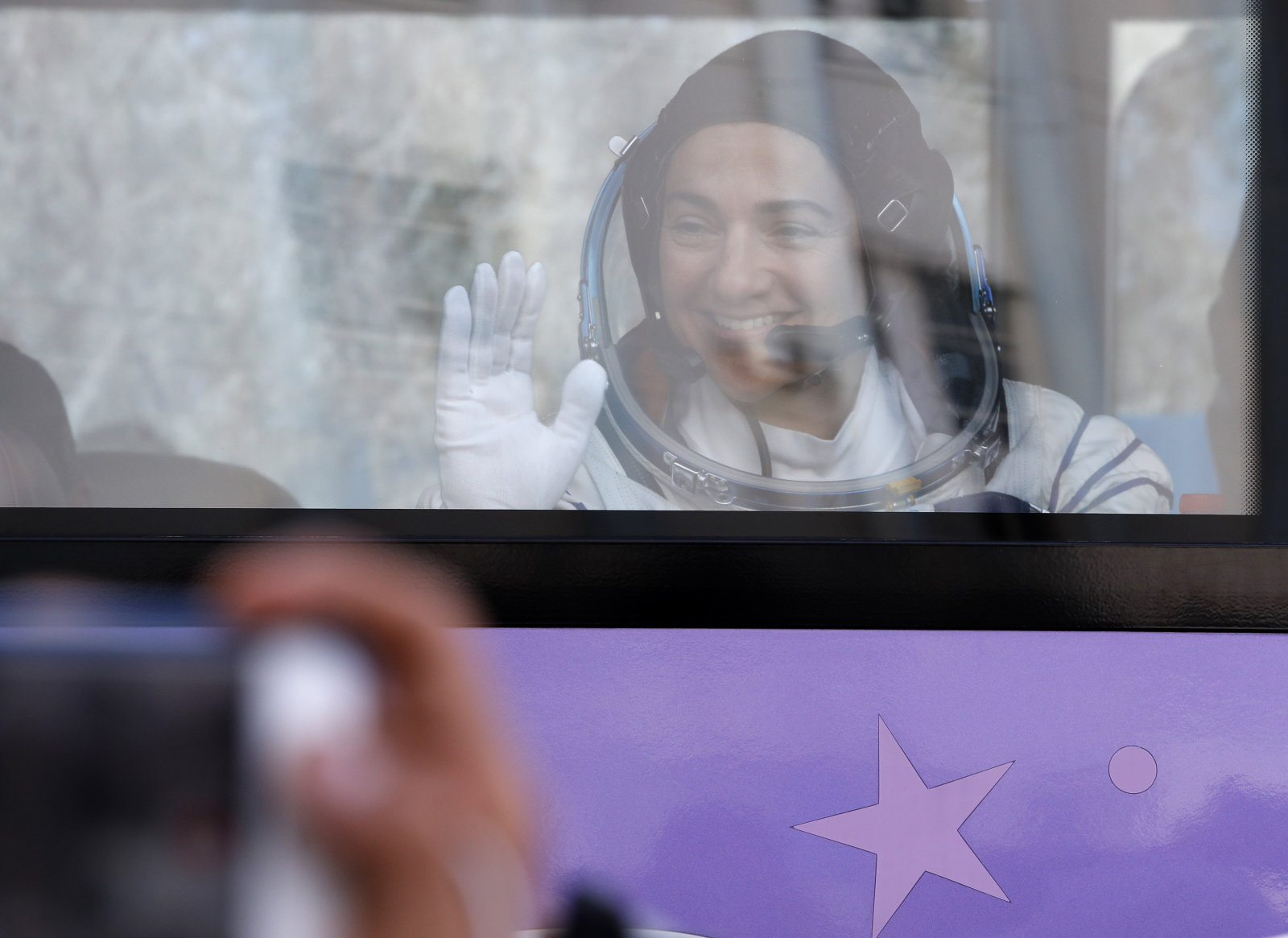
Of course some people will both physically and socially isolate themselves on purpose. They're called astronauts. Whether they're prepping for a trip to the moon or just orbiting in the ISS,isolation is par for the course when it comes to space science. It's also something that NASA and other national space agencies have spent years studying.
"Even the astronauts will say this," Dr. Phyllis Johnson,Associate Professor of Sociology at the University of British Columbia,told Engadget. "They just would like to hug their wife or their child,just be able to touch and hold. It's just like they also want to smell the smells of Earth,[feel] what it's like to be on Earth because they don't have that up there."
But whether you're stuck 254 miles above the Earth or quarantined in your apartment,you've got plenty of options for fighting off the effects of social isolation. Johnson points to communities (figuratively) coming together in Spain and Italy during the lockdown to sing from their balconies as a positive sign. "You can feel a part of some of these kinds of rituals," she explained."And they don't require that you be next to each other."
Johnson also warns against becoming complacent during your time in isolation. "It's important not to think you're on holiday with no routines and no goals," Johnson noted. "That's what they do in the space station,they have routines and established time for things."
"Don't just sit and watch TV,maybe watch different kinds of shows from what you normally would," she continued. "Prepare different kinds of meals from what you normally would,learn a new skill!"
What's more,concerns that shutting people in their homes with their social media echo chambers could lead to an even more polarized society,Palinkas has actually seen the opposite since the pandemic started.
"Every day,my wife and I take our dog for a walk around the neighborhood. We see a lot of neighbors that we don't normally see or haven't seen much of prior to the pandemic,who now seem to be much more socially engaged -- in part because they perceive a need to interact,in part because they have been spending a lot of time by themselves" he said. "I think the realization that this is an experience that we are all having collectively,you know,we're all in it together."

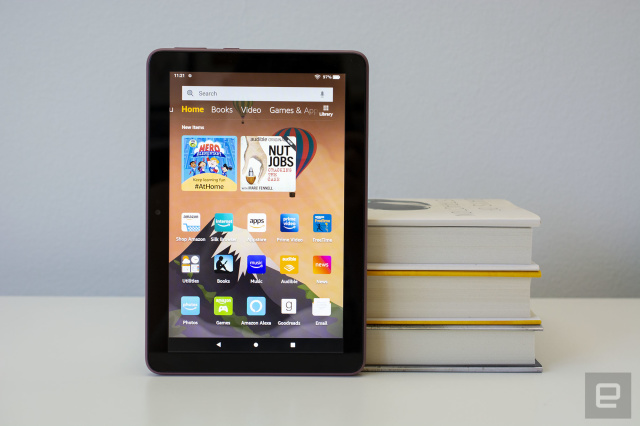
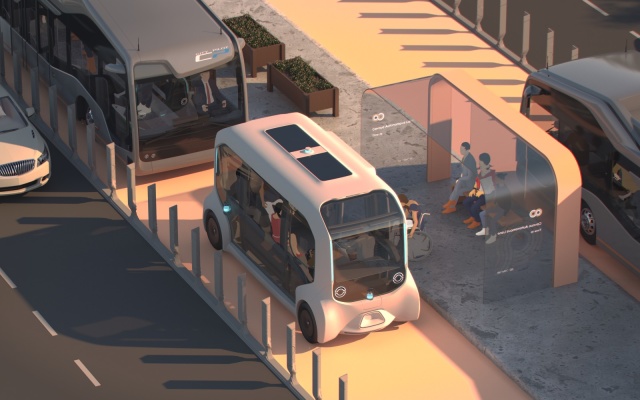
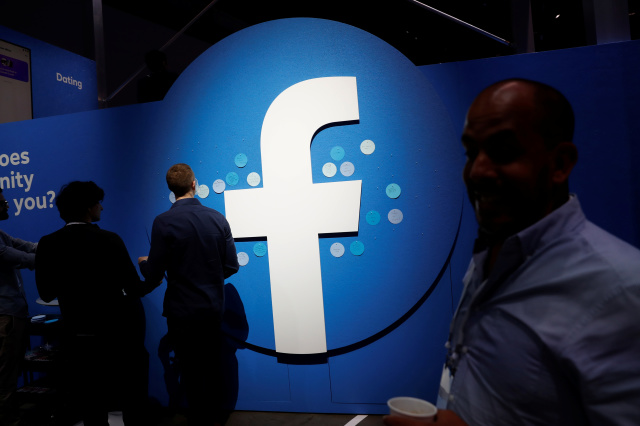

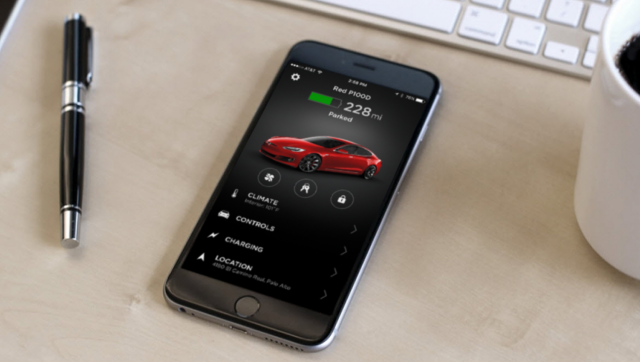
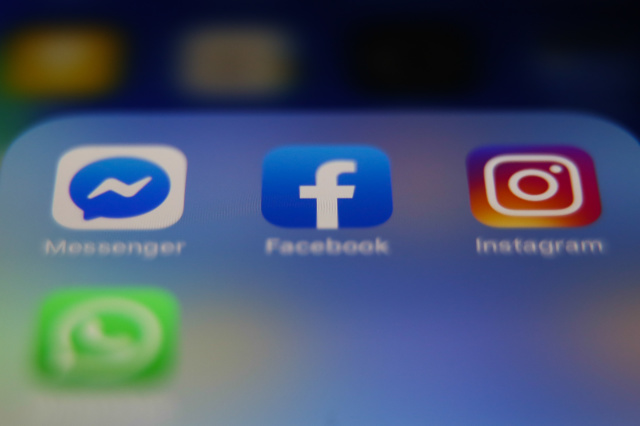

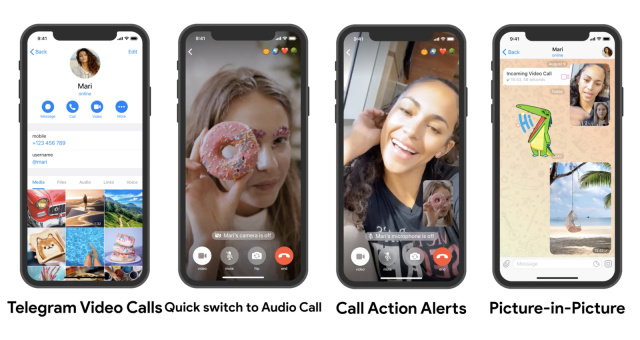
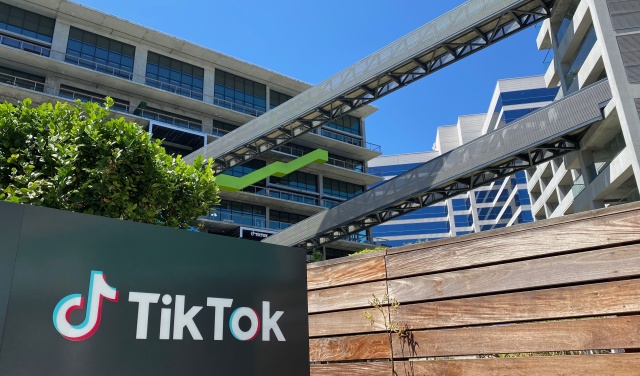

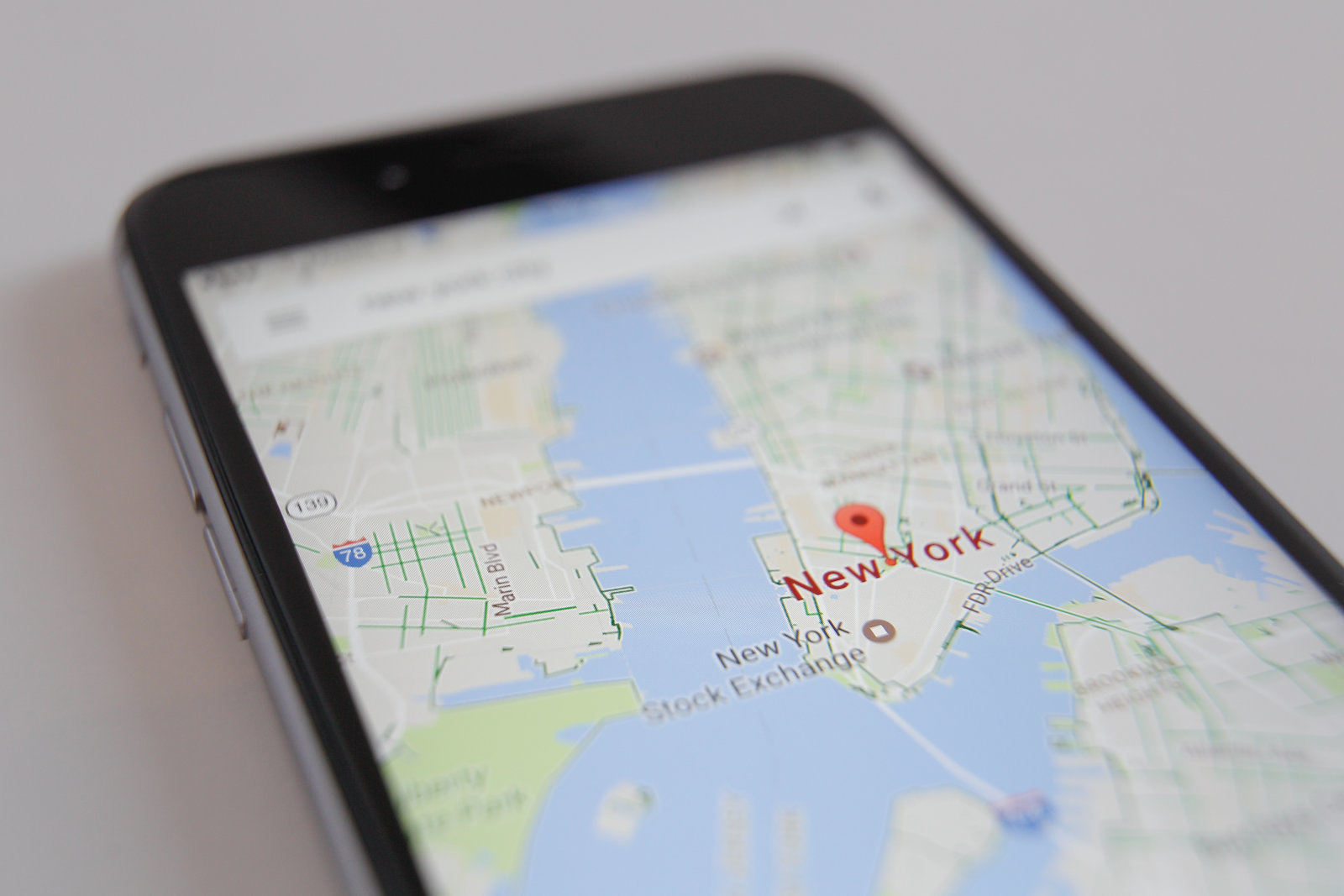
 加载中,请稍侯......
加载中,请稍侯......
Comments